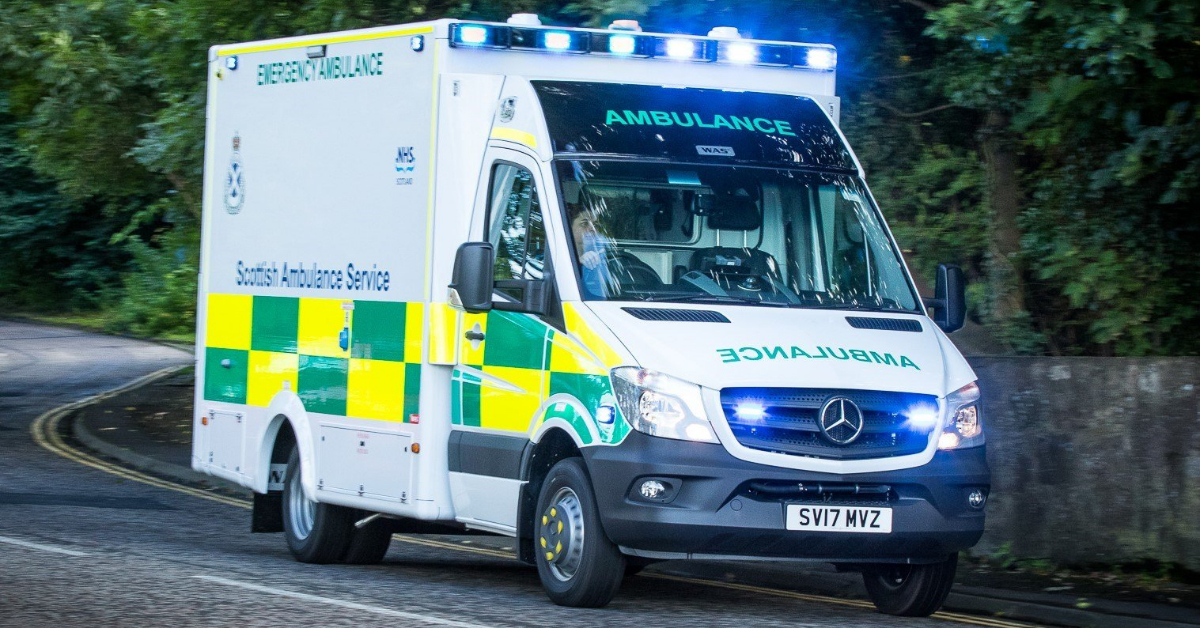The Scottish Ambulance Service (SAS) has been ordered to apologise after the partner of a patient who died of cardiac arrest was asked to give them CPR alone in an ambulance on the way to hospital.
The Scottish Public Services Ombudsman (SPSO) instructed the ambulance service to apologise to the late patient’s spouse, referred to as C to protect their anonymity.
C complained about the treatment of their spouse, A, by the SAS after they experienced cardiac arrest on route to hospital in an ambulance, and later died in hospital.
They said that the ambulance took a long time to arrive, that the care and treatment their spouse received in their home was poor and that there was a delay in transporting them to the hospital.
The watchdog was also told that C was asked to start cardiopulmonary resuscitation (CPR) on A on the way to hospital, that they were not assisted by the ambulance technician and performed CPR on A alone until arriving at hospital.
C’s complaints were initially investigated by the SAS, however, when contacted by SPSO, the service requested a reinvestigation in light of an error that they noted in their initial response.
However the SPSO looked into the matter after C was dissatisfied with SAS’s further response.
The watchdog took independent advice from an emergency and retrieval medicine adviser, and found the way in which the dispatch of the ambulance was handled was unreasonable, but the initial care provided to A in their home was reasonable.
However the SPSO also stated that it should have been clear to the ambulance crew that A was seriously unwell and that the time spent on scene was unreasonable.
Additionally, the decision to ask A’s partner to perform CPR in the ambulance was “not reasonable”.
The SPSO ruled that the ambulance service’s initial investigation was insufficient, but it noted proactive steps had been taken by the SAS to address the incident and acknowledge its failings.
The watchdog upheld all of C’s complaints, and ordered the SAS to issue an apology for “the length of time taken to assess A in their home and the delay in transporting A to hospital, the failure to follow clinical guidelines appropriately and the failure to handle C’s complaint appropriately.”
It added: “For patients suffering cardiac arrest out of hospital such as in this case, relevant clinical guidelines should be followed by ambulance crew. Ambulance crew should accurately record what treatment was performed to demonstrate adherence to the clinical guidelines.
“When it is clear from initial assessment that a patient is seriously unwell, their transfer to hospital should be expedited and delays should be avoided.”
A Scottish Ambulance Service spokesperson said: “This is a tragic case and we have apologised to the family of the patient privately and in person. We note the SPSO’s final decision and we will implement their recommendations.
“We are very sorry and we would like to again extend our deepest sympathies to the family for their loss.”
Follow STV News on WhatsApp
Scan the QR code on your mobile device for all the latest news from around the country


 SAS
SAS
























